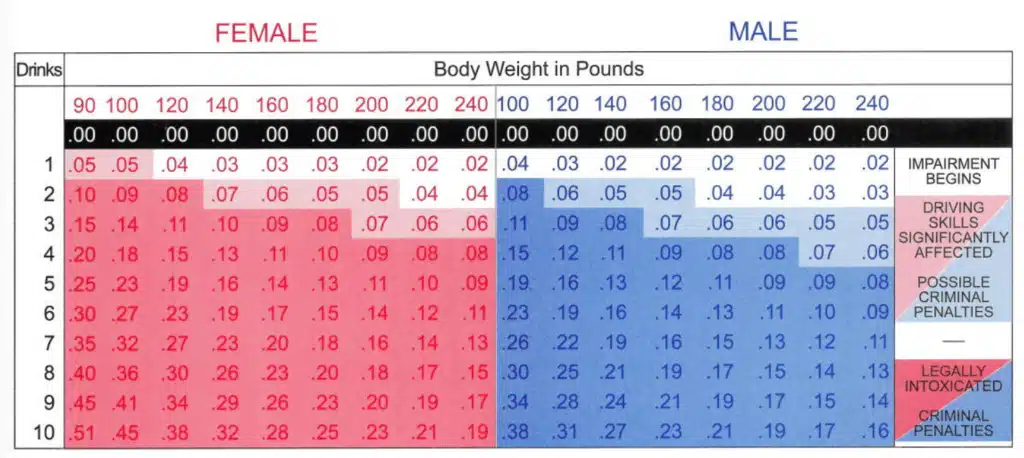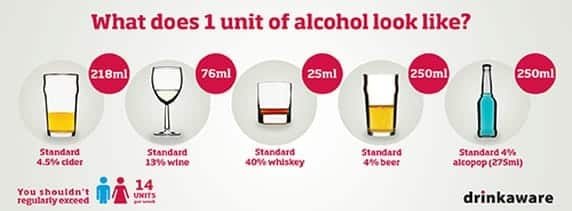Understanding Alcohol Consumption and Its Effects
Consuming alcohol is a common social activity, but it’s important to understand its effects and how it impacts the body. The Alcohol Consumption Calculator helps individuals estimate their blood alcohol concentration (BAC) based on various factors such as gender, weight, and the type and amount of alcohol consumed. This article will guide you through the key concepts related to alcohol consumption and answer frequently asked questions using popular Google searches.
![]()
Wedding Alcohol Calculator
Common Questions about Body Mass Index –
Unlock More Than Just Calculators!
Why stop at calculations? Get personalized meals, fitness tracking, and more in our app. Discover a healthier you today! Start your health journey for free!
What is Blood Alcohol Concentration (BAC)?
Blood Alcohol Concentration (BAC) is a measure of the amount of alcohol present in a person’s bloodstream. It is typically expressed as a percentage, indicating grams of alcohol per 100 milliliters of blood. BAC is used to assess the level of intoxication and impairment a person experiences after consuming alcohol.
How is BAC Calculated?
BAC is influenced by several factors:
- Body Weight: Heavier individuals have more body water, which can dilute alcohol.
- Gender: Men and women metabolize alcohol differently due to differences in body composition and hormones.
- Alcohol Content: The alcohol by volume (ABV) of the beverage consumed affects BAC.
- Number of Drinks: More drinks lead to a higher BAC.
- Time Since Consumption: The body metabolizes alcohol over time, reducing BAC gradually.

What Are the Legal Limits for BAC?
In most countries, the legal limit for BAC when driving is 0.08%. Exceeding this limit can result in legal penalties, including fines, license suspension, or imprisonment. It’s crucial to be aware of these limits to avoid legal consequences and ensure safety. Drinking and driving can result in severe legal consequences, including:
- Fines and Penalties: Financial repercussions for DUI offenses.
- License Suspension: Temporary or permanent loss of driving privileges.
- Imprisonment: Jail time for repeat offenders or severe infractions.

How Does Alcohol Affect Athletic Performance?
Alcohol impairs coordination, balance, and reaction times, negatively impacting athletic performance. Additionally, it dehydrates the body, reducing endurance and increasing the risk of injury.
Can Alcohol Affect Mental Health?
Yes, excessive alcohol consumption can exacerbate mental health issues like depression and anxiety. It may also impair judgment, leading to risky behavior and exacerbating emotional distress.
How Can I Support Someone with Alcohol Addiction?
Supporting someone with alcohol addiction involves:
- Encouraging Professional Help: Recommending counselling or support groups.
- Listening: Providing a non-judgmental ear to understand their struggles.
- Setting Boundaries: Maintaining your well-being while supporting their recovery.
- Offering Encouragement: Celebrating milestones and progress in their journey.

How Long Does Alcohol Stay in Your System?
The liver metabolizes alcohol at a rate of approximately 0.015% BAC per hour. Several factors, including age, gender, and liver health, influence this rate. It’s important to understand that consuming large amounts of alcohol in a short period can lead to prolonged intoxication.
Can Coffee Sober You Up?
Coffee and other stimulants do not speed up alcohol metabolism. While they may temporarily increase alertness, they do not lower BAC levels or counteract alcohol’s effects. The only way to sober up is to allow time for the body to metabolize the alcohol.
What is the Alcohol Content of Common Beverages?
Different alcoholic beverages have varying alcohol by volume (ABV) percentages:
- Wine: Generally 12% to 15% ABV
- Beer: Typically 4% to 6% ABV
- Spirits (e.g., vodka, whiskey): Usually 40% ABV
How Does Alcohol Affect the Body?
Alcohol affects the central nervous system, leading to impaired cognitive function, decreased coordination, and altered mood. These effects vary based on BAC levels:
- 0.04% – 0.06%: Euphoria, minor impairment of reasoning and memory.
- 0.02% – 0.03%: Mild relaxation and slight mood elevation.
- 0.07% – 0.09%: Reduced judgment, coordination, and alertness. Legally impaired.
- 0.10% – 0.19%: Significant impairment, potential blackouts.
- 0.20% and above: Severe impairment, possible unconsciousness.
Is Moderate Drinking Beneficial for Health?
Moderate drinking has been associated with certain health benefits, such as improved heart health. However, these benefits apply only to limited consumption—typically one drink per day for women and two for men. It’s essential to weigh these potential benefits against the risks.
How Can I Drink Responsibly?
- Set Limits: Decide on a maximum number of drinks before you start.
- Pace Yourself: Sip drinks slowly and alternate with non-alcoholic beverages.
- Stay Hydrated: Drink water to counteract alcohol’s dehydrating effects.
- Have a Designated Driver: Ensure a safe way home if you’re consuming alcohol.
Can I Drink Alcohol While Taking Medication?
Mixing alcohol with certain medications can be dangerous, leading to adverse reactions or reduced effectiveness of the medication. It’s important to read labels and consult healthcare professionals about potential interactions before consuming alcohol while on medication.
Conclusion
Understanding the effects of alcohol consumption and its impact on the body is crucial for responsible drinking. By using tools like the Alcohol Consumption Calculator, you can estimate your BAC and make informed decisions to ensure your safety and well-being. Whether you’re enjoying a casual drink with friends or celebrating a special occasion, being aware of these key concepts will help you drink responsibly and avoid potential risks.
